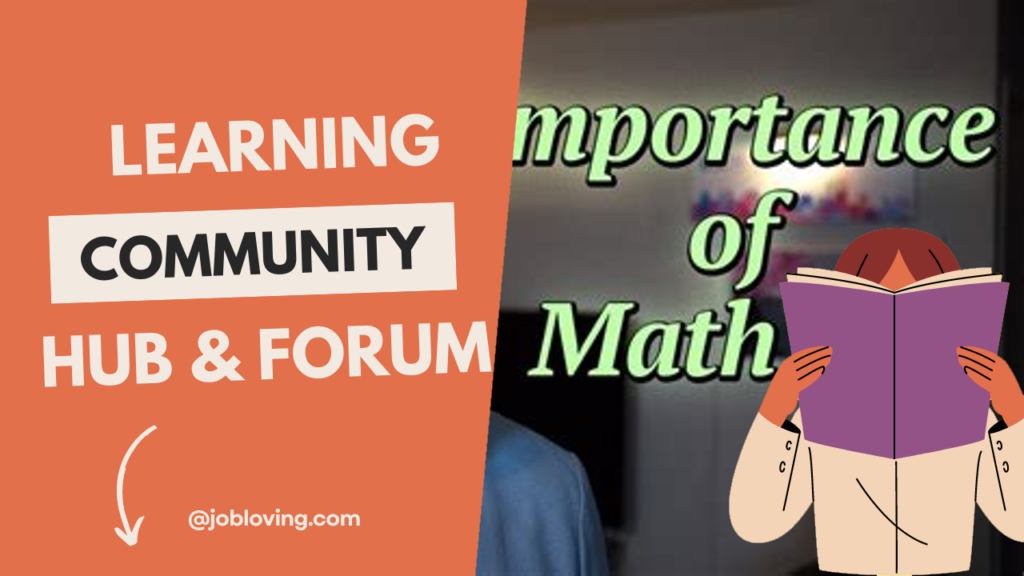Ever wonder if pursuing a career in software engineering means you need to dust off your old calculus books? Is it all math, or can you just wing it with a basic understanding? Let’s dive in and unpack the relationship between software engineering and math—it might surprise you!
Quick answer: It’s not all about math, but you still need the basics!
Software engineering isn’t a math-heavy field like astrophysics or engineering mechanics, but it does require some level of mathematical competence. You won’t be solving complex equations daily, but understanding logic, algorithms, and data structures often involves mathematical concepts. Tasks such as estimating system loads or working with algorithms can require you to flex those math muscles just a bit.
When you think of software engineering, you might imagine programmers deep in a sea of numbers, but that’s not quite the reality. The truth is, much of the work revolves around manipulating data, organizing information, and crafting efficient code. You’ll often be working with lists, arrays, and trees (the data structure kind, not the ones outside your window). However, to tackle these tasks effectively, a grasp of basic mathematical principles is essential. Think problem-solving, logic, and analytical skills—all of which are backed by fundamental math.
On another note, certain areas of software engineering may require more intensive mathematics. For instance, specialized fields like machine learning, graphics programming, or game development often delve into algebra, calculus, and even statistics. So, if you’re eyeing any of those areas, be prepared for a bit of math-heavy lifting!
In conclusion, while you won’t be solving math problems daily as a software engineer, having a solid foundation in basic math skills can enhance your problem-solving capabilities. It’s all about striking the right balance! If you’re curious and want to know more about what it takes to thrive in the tech world, or if you have more questions about math in software, join the JobLoving community for more resources and discussions!
Key takeaways about Is software engineering math heavy?
Math Requirements Varies by Role
- Software engineering math requirements vary significantly based on specific roles within the field.
- Data science and machine learning necessitate knowledge in statistics, probability, and linear algebra.
- Developers focused on SDLC generally rely on standard arithmetic and basic algebra principles.
- Advanced math is essential for specific fields like machine learning, data science, and game development.
- Software Engineers primarily use logic and problem-solving skills rather than advanced mathematical concepts daily.
- Many believe programming requires advanced math skills, but basic math suffices for most roles.
- Software Engineering fields vary in math requirements; some need advanced math, while others do not.
- Many software engineering roles utilize logic and problem-solving more than advanced mathematical concepts.
- Front-End Developers often rely more on programming languages than on mathematical knowledge or skills.
- Most Software Engineers do not hold a college degree and often lack advanced math training.
The Role of Math in Problem Solving
- Strong programming skills and understanding of computer science concepts often outweigh advanced math knowledge.
- Math skills can be developed and improved over time, benefiting software engineering careers.
- The ability to learn and apply math concepts is crucial for effective coding and software development.
- Math knowledge enhances the ability to model and analyze data effectively in software applications.
- Understanding Big O Notation is vital for optimizing code performance and assessing algorithm efficiency.
- A solid math foundation aids in comprehending complex algorithms and enhances overall programming capability.
- Basic math skills help with estimations, analyzing data, and understanding code complexity in software engineering.
- Logic and reasoning developed through math courses translate well into coding and software development challenges.
- Learning math can improve problem-solving efficiency, making it advantageous for Software Engineering tasks.
- Familiarity with algorithms often requires a basic understanding of mathematical principles and concepts.
Mathematics as a Learning Tool
- Resources exist to help software engineers improve their understanding of math and problem-solving methodologies.
- Looking up mathematical concepts during programming is encouraged and seen as a valuable practice.
- A positive mindset toward math can inspire confidence and improve programming abilities among aspiring engineers.
- Codecademy learners demonstrate that overcoming math anxiety can lead to successful careers in technology.
- Engaging in puzzles, music, or gaming enhances problem-solving skills beneficial for Software Engineering tasks.
- Understanding Fourier analysis can be advantageous in specific engineering applications, though not always necessary.
- Math education can be tailored to individual learning styles, making it accessible for Software Engineers.
- Continuous learning in math can enhance overall skills and adaptability in various programming environments.
- Many programming languages have mathematical roots, yet proficiency in them doesn’t require advanced math knowledge.
- Having a mathematics degree can correlate positively with programming success and problem-solving skills.
The Day-to-Day Impact of Math in Software Engineering
- Mathematics is not the core of programming; logical thinking and problem-solving skills are paramount.
- Basic algebra and polynomial manipulation frequently apply in embedded software engineering tasks.
- Geometry and physics knowledge are crucial for game development to create realistic virtual environments.
- Software engineering encompasses diverse roles, each with unique skill requirements, including varying levels of mathematics.
- Math knowledge is beneficial but not always essential; practical coding skills often take precedence in software development.
- Correlation exists between proficiency in math and programming abilities among successful software engineers.
- Software engineers can succeed with middle school math, provided they grasp logical concepts and problem-solving.
- Advanced math concepts may be less utilized in general programming tasks compared to analytical and logical skills.
- Mathematics may enhance the ability to effectively communicate and document problem-solving strategies in coding.
- Ultimately, success in software engineering is grounded more in practical application than in advanced mathematical capability.

